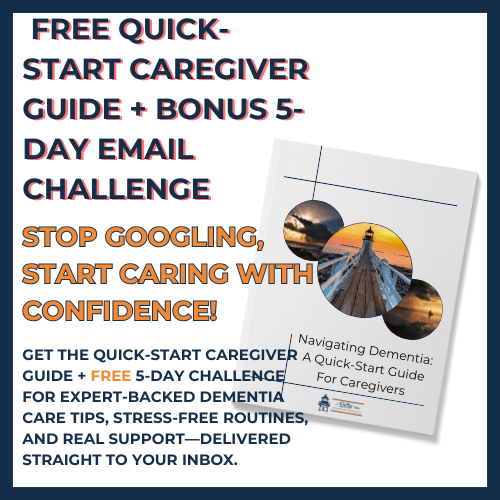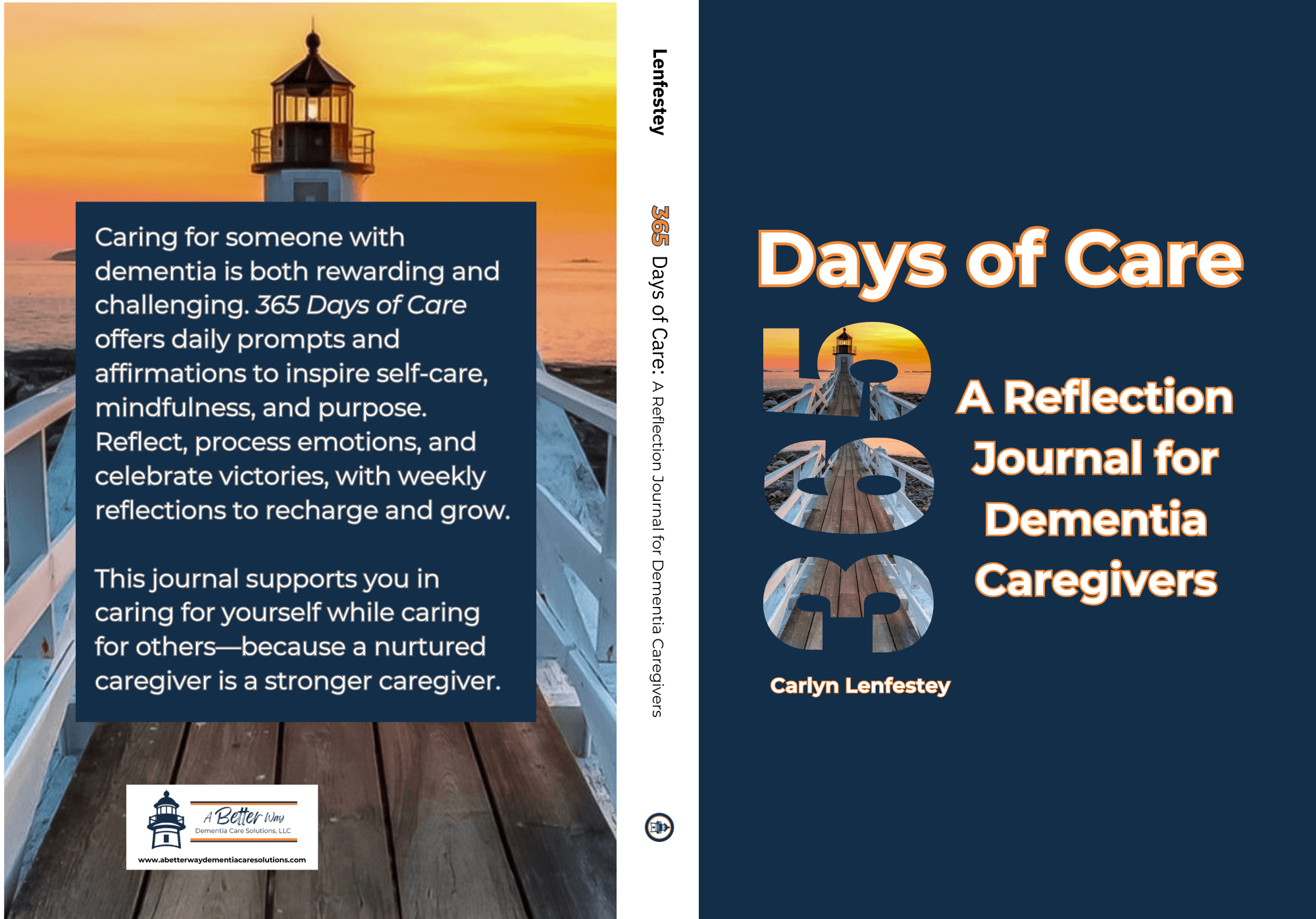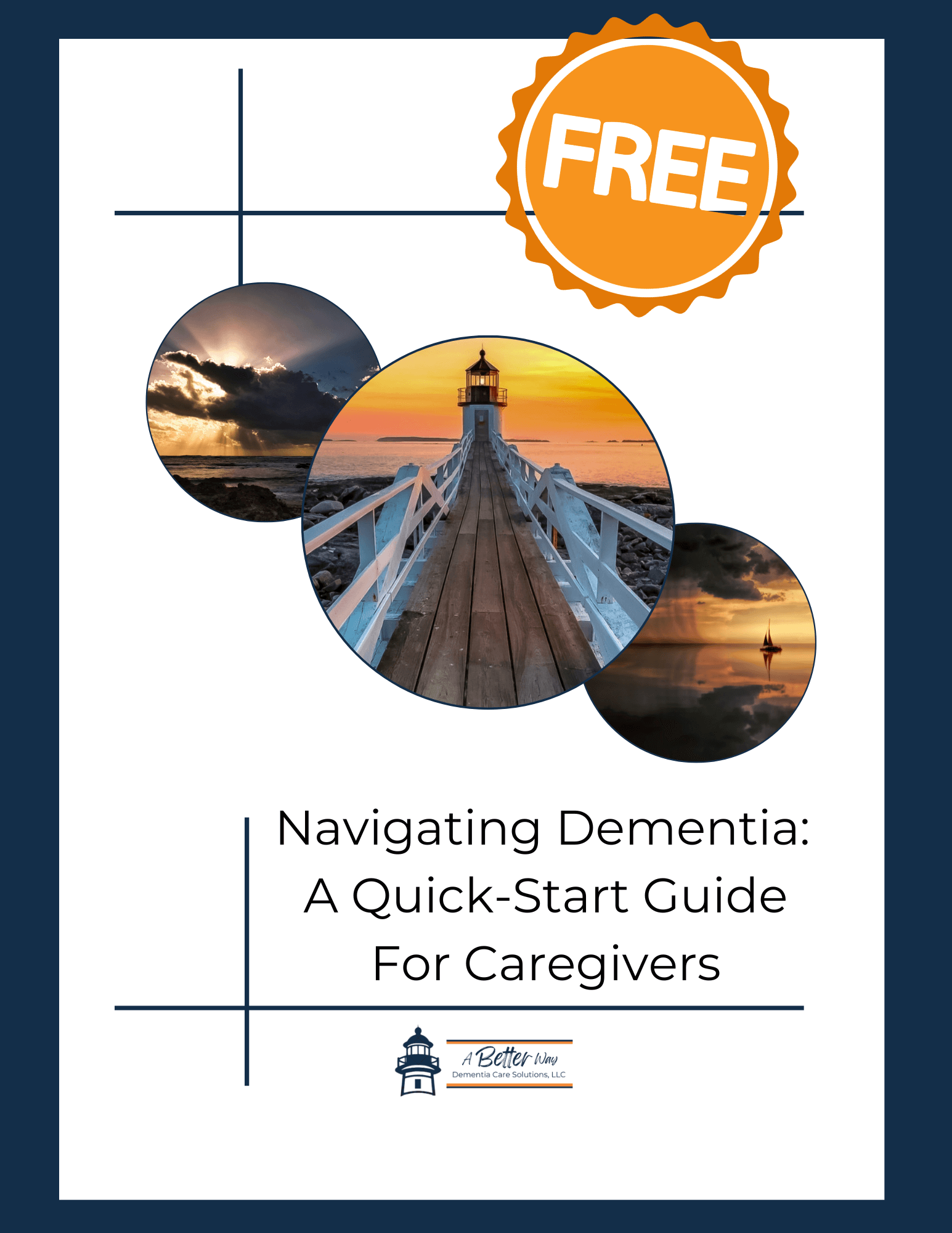
Navigating the journey of dementia can feel like walking through an ever-changing landscape. The progression of dementia is unique to each individual, but there are common stages that can help you understand what to expect and how to manage the changes. Knowing these stages not only prepares you but also empowers you to provide the best care possible.
The Three Main Stages of Dementia
Dementia is typically divided into three stages: early (mild), middle (moderate), and late (severe). Each stage comes with its own set of challenges and changes, both for the person you care for and for you as a caregiver. Let’s break down what you might see in each stage and how you can respond.
1. Early Stage (Mild Dementia)
In the early stage, the symptoms of dementia are often subtle and may be mistaken for normal aging. However, this is a crucial time for early detection and intervention.
What You Might Notice:
- Memory Lapses: Forgetting recent events or repeating questions.
- Difficulty with Tasks: Struggling to follow a recipe or manage finances.
- Mood Changes: Anxiety, depression, or irritability may become more apparent.
- Word-Finding Problems: Trouble coming up with the right words during conversations.
How to Manage:
- Encourage Routine: Establishing daily routines can help maintain independence and reduce confusion.
- Support Decision-Making: Involve the person you care for in decisions about their care and future while they are still able to express their preferences.
- Stay Active: Physical and mental activities are beneficial in slowing the progression and maintaining cognitive function.
2. Middle Stage (Moderate Dementia)
The middle stage is often the longest and can last for several years. This is when the symptoms become more pronounced and start to interfere more with daily life.
What You Might Notice:
- Increased Forgetfulness: Difficulty remembering personal history or recognizing familiar faces.
- Behavioral Changes: Agitation, aggression, or suspiciousness may develop.
- Wandering: The person may become disoriented and wander, even in familiar places.
- Sleep Disturbances: Changes in sleep patterns, such as waking up frequently at night or sleeping during the day.
How to Manage:
- Provide Supervision: As the risk of wandering and confusion increases, it’s important to ensure a safe environment.
- Simplify Communication: Use clear, simple language, and offer step-by-step instructions.
- Engage in Meaningful Activities: Tailor activities to their abilities and interests to keep them engaged and stimulated.
- Seek Support: This stage can be particularly challenging, so don't hesitate to reach out for help from support groups, respite care, or professional caregivers.
3. Late Stage (Severe Dementia)
In the late stage, dementia severely impacts physical abilities and communication. This is a time of heightened caregiving needs, focusing on comfort and quality of life.
What You Might Notice:
- Severe Memory Loss: The person may no longer recognize close family members or even themselves in the mirror.
- Loss of Physical Abilities: Difficulty walking, swallowing, and eventually, full dependency on others for personal care.
- Non-Verbal Communication: They may rely on non-verbal cues like facial expressions or gestures to communicate.
How to Manage:
- Focus on Comfort: Prioritize comfort and quality of life, using gentle touch and reassuring presence to convey care and love.
- Create a Calm Environment: Reduce noise and distractions to create a peaceful atmosphere.
- Consult Healthcare Providers: Regular consultations with healthcare professionals can help manage symptoms and ensure the person is as comfortable as possible.
The Journey Continues
Understanding the stages of dementia can help you anticipate and adapt to the changes that come with each phase. It’s important to remember that dementia affects everyone differently, and there will be good days and tough days. But with knowledge, preparation, and compassion, you can navigate this journey with greater confidence and resilience.
Join Our Private Caregiver Community
If you're looking for a safe space to share your caregiving experiences, ask questions, or simply connect with others who understand the challenges you face, join our private Facebook support group for caregivers. It's a supportive, empathetic community where you can find encouragement and answers when you need them most. Click here to join.
Subscribe to Our Newsletter & Download Your Free E-Book
For more valuable tips, resources, and updates on dementia care, click here to subscribe to our newsletter today!
Looking for activities to try with the person you are caring for? To explore dementia-friendly games and activities in our Etsy shop, click here.
Download Our FREE E-Book. CLICK HERE
Product Recommendation: 365 Days of Care: A Reflection Journal for Dementia Caregivers offers daily prompts to help you reflect on your caregiving experiences, process challenges, and celebrate small victories. It’s your guide to mindfulness and personal growth.
Affiliate Disclosure
A Better Way - Dementia Care Solutions, LLC participates in the Amazon Associates Program, which means we earn a small commission when you buy through links on our site, at no extra cost to you. We only recommend products that we believe can help caregivers on their journey.
Disclaimer: The information provided in this blog is for educational purposes only and should not be considered medical advice. Always consult with a doctor or a licensed physical therapist before starting any new exercise routine, using assistive devices, or following the recommendations mentioned. Every individual’s needs are different, and professional guidance is essential to ensure safety and appropriateness of care.
Want to keep figuring this out together?
Subscribe to Finding Our Way in Dementia Care and get honest stories, helpful tips, and gentle support delivered to your inbox every week. Just real talk, grounded care, and space to breathe.
Subscribe to Finding Our Way in Dementia Care and get honest stories, helpful tips, and gentle support delivered to your inbox every week. Just real talk, grounded care, and space to breathe.
Kind truth. Clear steps. Warm guide.


















0 Comments